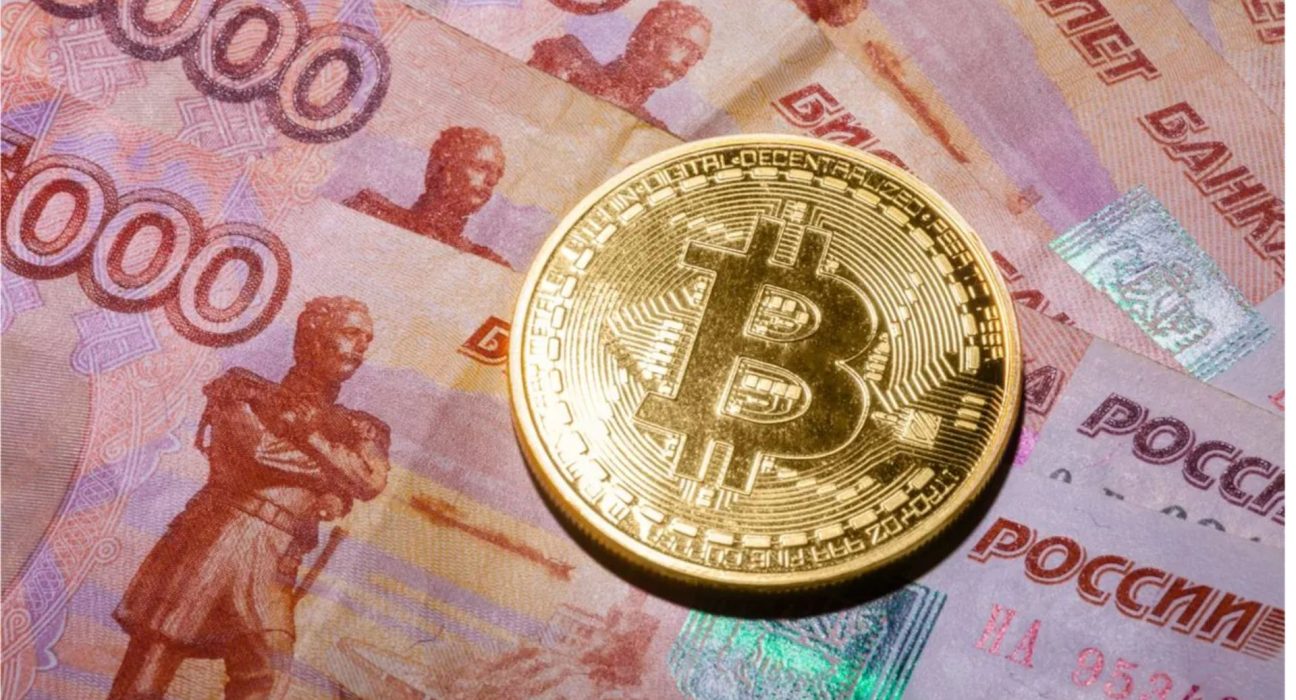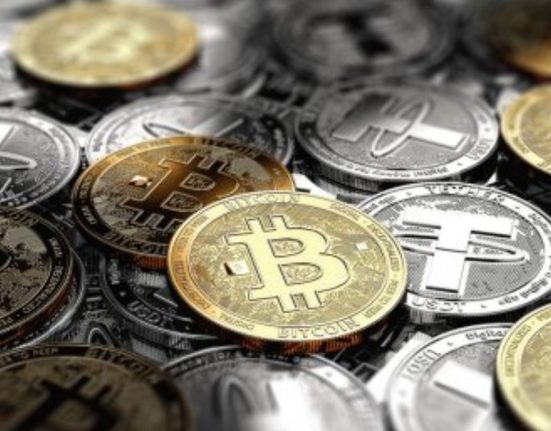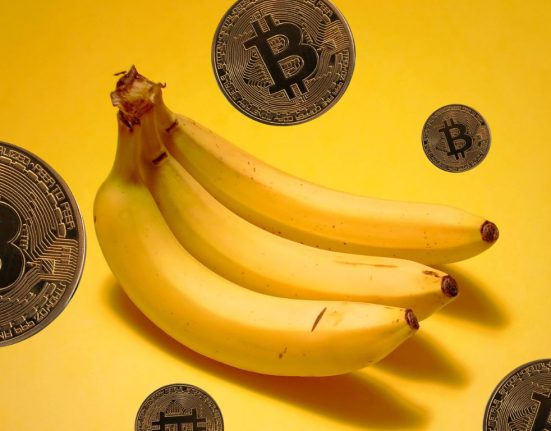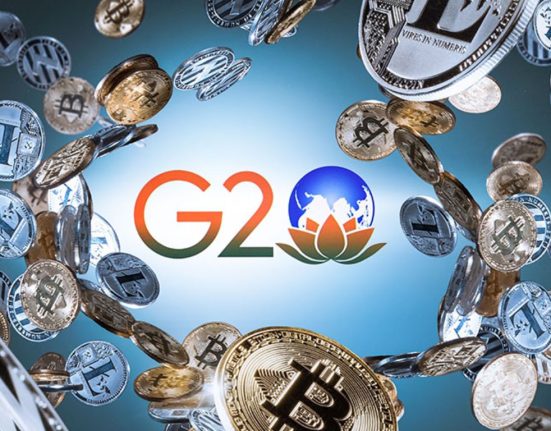Introduction
Cryptocurrency markets have witnessed significant shifts in recent times, with regulatory changes and international sanctions playing a pivotal role. In a latest development, two major cryptocurrency exchanges, Bybit and OKX, have decided to exclude Russian banks, Tinkoff Bank and Sberbank, from their list of payment options. This move comes in the wake of international financial sanctions imposed on Russia and is causing ripples in the cryptocurrency community. In this article, we will delve deeper into the details of this decision, its implications, and the reactions it has garnered.
The Exclusion of Russian Banks
Bybit and OKX, two prominent cryptocurrency exchanges, have recently followed in the footsteps of Binance by excluding Russian banks from their peer-to-peer (P2P) transaction options. Specifically, Tinkoff Bank and Sberbank are no longer accessible on these platforms for P2P transactions involving cryptocurrency. This means that Russian users can no longer receive fiat money in exchange for their crypto assets in their Tinkoff Bank or Sberbank accounts on these platforms.
Absence of Official Announcements
What’s intriguing about this development is the absence of official announcements from the representatives of either Tinkoff Bank or Sberbank regarding their exclusion from Bybit and OKX. While the move has significant implications for cryptocurrency users in Russia, it appears that the decision was made without formal communication through official channels.
The Impact on Russian Crypto Users
The exclusion of these Russian banks from Bybit and OKX has a direct impact on cryptocurrency users in Russia. Previously, users could seamlessly exchange their cryptocurrencies for fiat money via these banks on these platforms. This exclusion disrupts the ease and convenience with which Russian users could engage in P2P transactions.
The Context of International Sanctions
To understand the rationale behind this decision, it’s crucial to consider the broader context of international financial sanctions imposed on Russia. These sanctions have been enacted by various countries and international organizations in response to geopolitical events and concerns. As a result, financial institutions, including banks, have come under increased scrutiny and restrictions.
Cryptocurrency’s Role in Evasion
Cryptocurrency has often been perceived as a means for individuals and entities to circumvent international sanctions. Its decentralized nature and the relative anonymity it offers have made it an attractive option for those seeking to evade sanctions. This has led to regulatory authorities and cryptocurrency exchanges taking proactive measures to ensure compliance with international sanctions.
Bybit and OKX’s Compliance
Bybit and OKX’s decision to exclude Tinkoff Bank and Sberbank from their P2P platforms can be seen as a step towards compliance with international sanctions. These exchanges may have chosen to preemptively avoid any association with sanctioned entities to avoid potential legal repercussions and maintain a clean regulatory record.
Cryptocurrency Community Reactions
The cryptocurrency community’s response to this development has been mixed. Some users applaud the exchanges for their compliance with international regulations, emphasizing the need for responsible crypto trading practices. Others, however, express concerns about the implications of this decision for individual users and the broader cryptocurrency ecosystem.
Exploring Alternatives
In light of these exclusions, Russian cryptocurrency users are now exploring alternative options for P2P transactions. Some may turn to other exchanges that continue to offer services with Russian banks, while others might seek out decentralized platforms that operate beyond the control of traditional financial institutions.
Conclusion
The exclusion of Tinkoff Bank and Sberbank from Bybit and OKX reflects the evolving regulatory landscape of the cryptocurrency market. International financial sanctions have prompted cryptocurrency exchanges to take proactive measures to comply with regulations, even at the cost of inconveniencing users. While the implications of this decision are still unfolding, it underscores the importance of staying informed about the evolving regulatory environment in the world of cryptocurrency.
In the face of such developments, cryptocurrency users should exercise caution and consider alternative options to continue their crypto trading activities. As the cryptocurrency landscape continues to evolve, it’s essential to stay vigilant and adapt to changing circumstances to ensure a secure and compliant trading experience.










